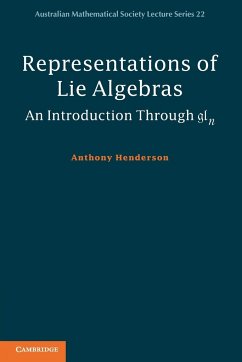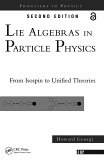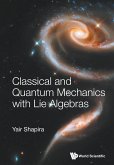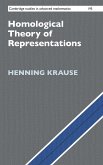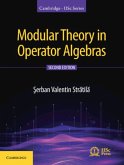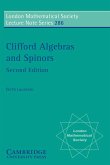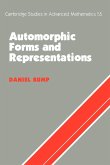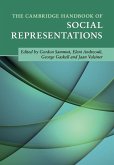"This bold and refreshing approach to Lie algebras assumes only modest prerequisites (linear algebra up to the Jordan canonical form and a basic familiarity with groups and rings), yet it reaches a major result in representation theory: the highest-weight classification of irreducible modules of the general linear Lie algebra. The author's exposition is focused on this goal rather than aiming at the widest generality and emphasis is placed on explicit calculations with bases and matrices. The book beginswith a motivating chapter explaining the context and relevance of Lie algebras and their representations and concludes with a guide to further reading. Numerous examples and exercises with full solutions are included. Based on the author's own introductory course on Lie algebras, this book has been thoroughly road-tested by advanced undergraduate and beginning graduate students and it is also suited to individual readers wanting an introduction to this important area of mathematics"--
'This short book develops the standard tools (special bases, duality, tensor decompositions, Killing forms, Casimir operators ...) and aims for a single result: the classification of integral modules over gln. Requiring only basic linear algebra, this book can serve as an interesting alternative platform (to basic group theory) for introducing abstract algebra ... Recommended.' D. V. Feldman, Choice

